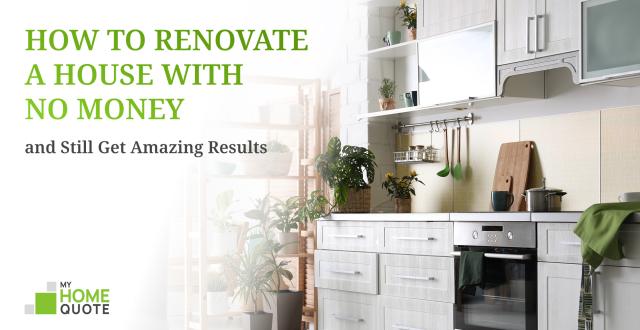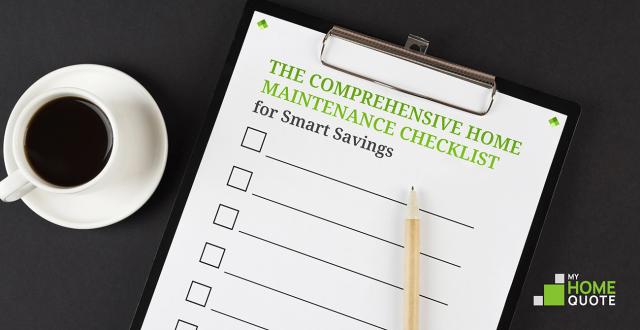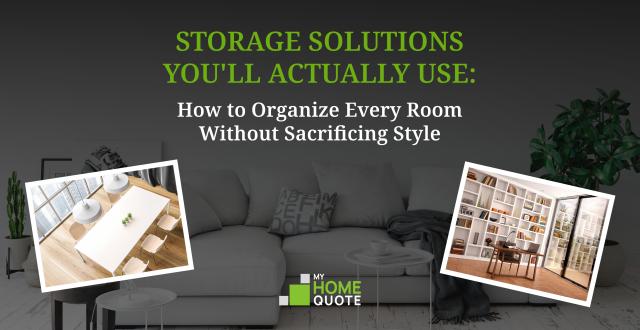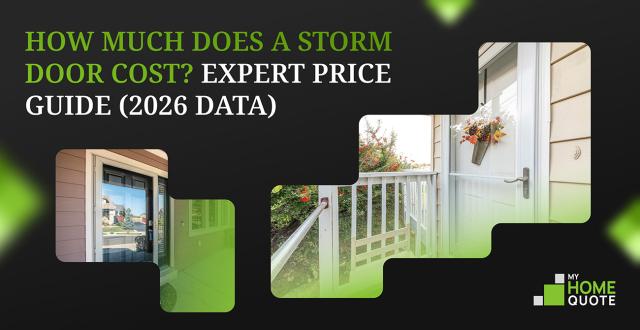How to Renovate a House with No Money and Still Get Ama...
Planning a home makeover often feels overwhelming once you see the potential costs. This financial pressure is a direct result of the current state of the U.S. housing market. Home renovation spending has skyrocketed from $277 bil...














